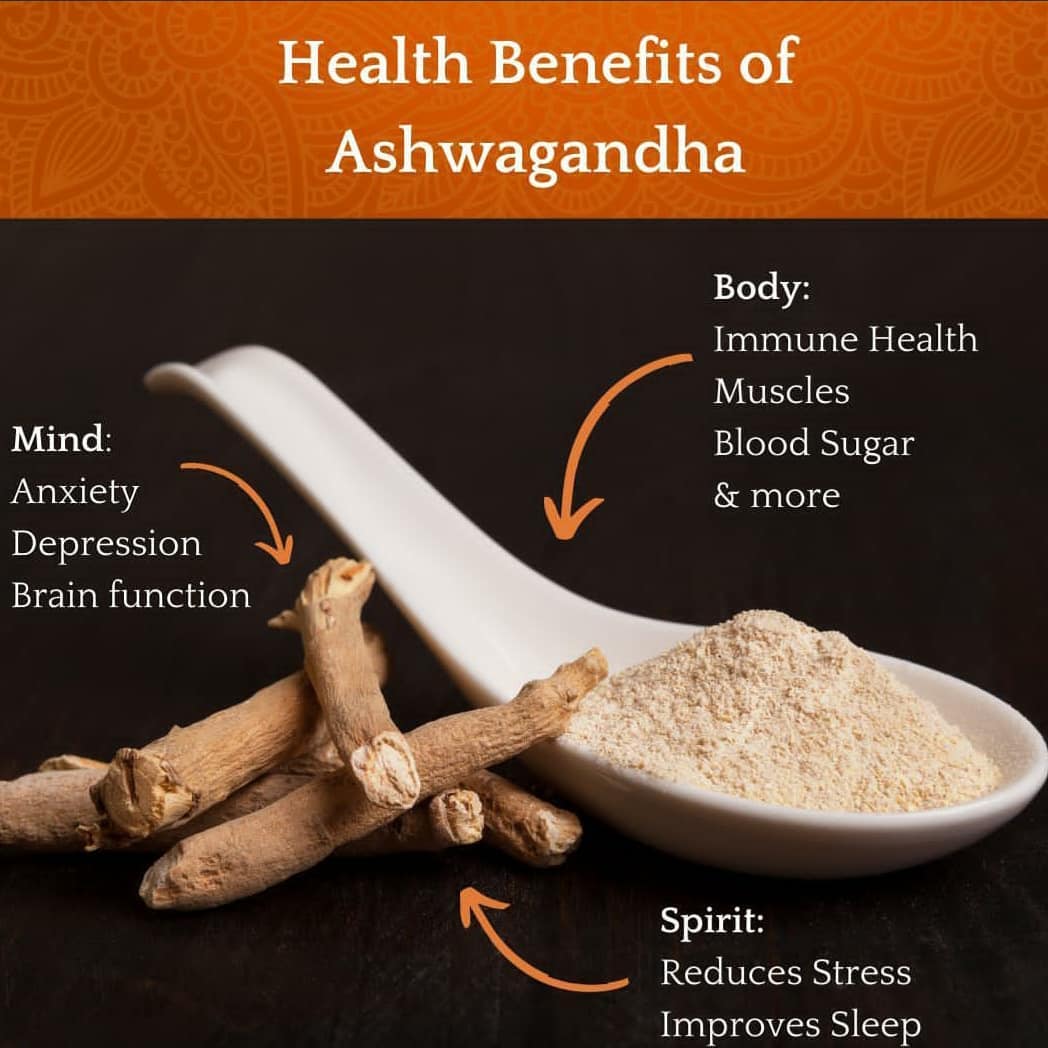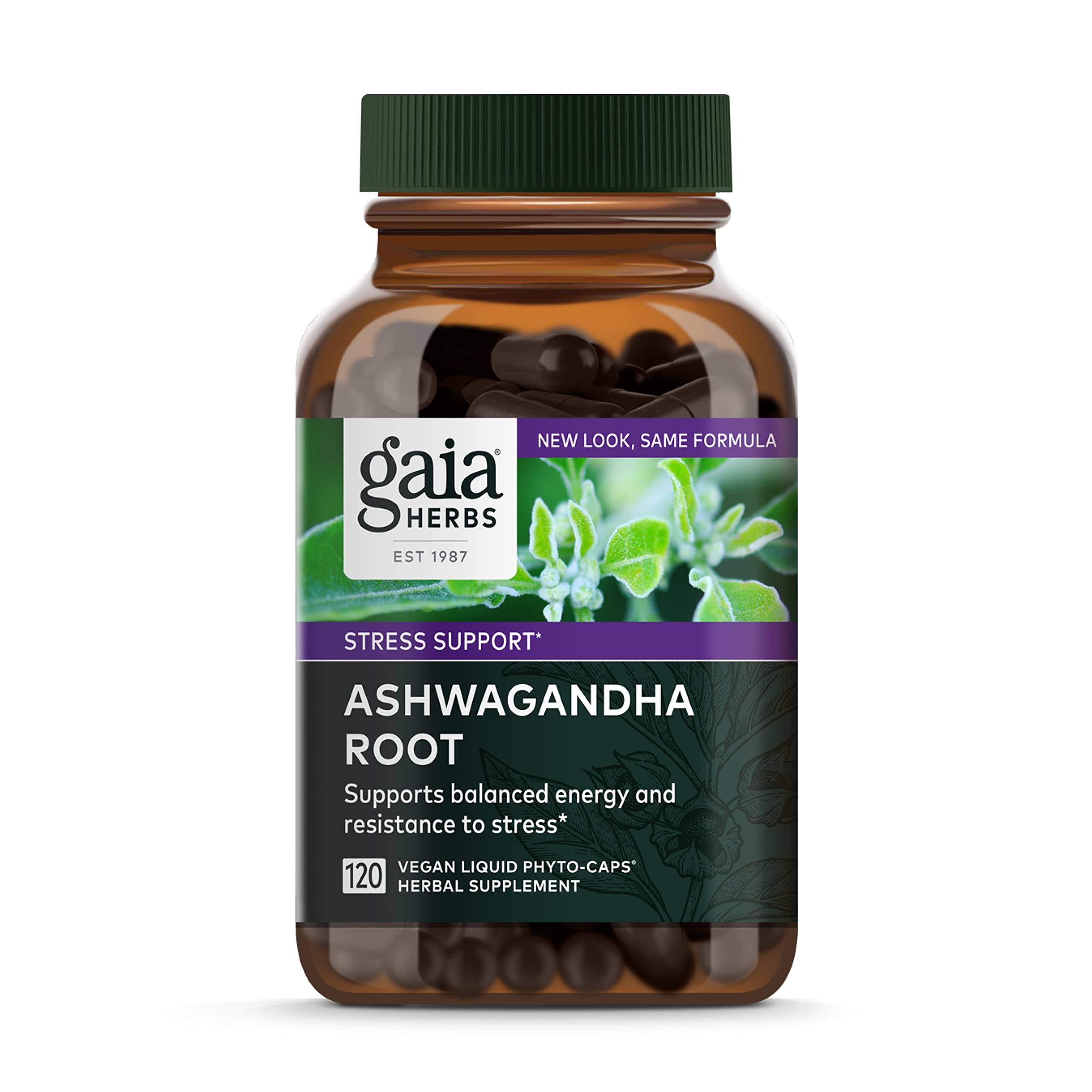Ashwagandha, known scientifically as Withania somnifera, has been used in Ayurvedic medicine for centuries. Its roots are reputed to offer numerous health benefits, from reducing anxiety and stress to improving memory and cognitive function. In the realm of pediatric care, there is growing interest in the potential benefits ashwagandha may have for children. A natural adaptogen, ashwagandha is thought to help the body resist physical and mental stress.
Parents and healthcare providers are considering ashwagandha as a supplement for kids to promote better sleep quality, support immune function, and enhance focus and memory. While there is evidence to suggest that it may help improve the overall well-being of children, it is crucial to approach this ancient herb with caution. Can Kids Take Ashwagandha? delves into finding the correct balance and dosage that are safe and beneficial for younger individuals.
Further exploring the herb’s adaptogenic qualities, research indicates ashwagandha may aid in stabilizing mood and counteracting the effects of stress in children. As with any supplement, it is important to understand the proper use and potential effects it may have on child health. Healthcare professionals are thorough in evaluating the safety of ashwagandha for kids and teenagers, providing guidance for those seeking natural alternatives within pediatric health regimes.
Reader's Roadmap
Ashwagandha Overview

Ashwagandha, recognized both as Withania somnifera and Indian ginseng, stands as a natural herb deeply rooted in the traditional Ayurvedic medicine system. Revered for centuries, this perennial shrub is also known as winter cherry due to its red fruit.
Historical Significance
Ashwagandha has been a cornerstone of Ayurvedic medicine, with its use as a Rasayana or rejuvenator evidently spanning over 3,000 years. It has been cultivated in India, the Middle East, and parts of Africa, and its historical applications range from promoting vitality to being a remedy for specific ailments in children and adults alike.
Active Compounds
The health-promoting properties of ashwagandha are ascribed primarily to its bioactive compounds, including withanolides, alkaloids, and saponins. These compounds are predominantly found in its roots and leaves. Withanolides, most notably, are credited for the herb’s adaptogenic effects—helping the body manage stress.
Mechanism of Action
The mechanism by which ashwagandha operates involves modulating the stress pathways in the brain by influencing the hypothalamus-pituitary-adrenal (HPA) axis. It aids in homeostasis by adjusting chemical signals in the nervous system, potentially improving stress resistance, and, as some evidence suggests, enhancing the growth and development in children when used judiciously.
Health Benefits for Children
Ashwagandha, an adaptogenic herb, is gaining attention for its potential health benefits in children. It’s touted for its ability to support immune function, enhance cognitive development, and improve sleep quality, factors essential for the well-being and growth of children.
Supporting Immune Function
Ashwagandha is recognized for its immune-boosting properties. It may help to fortify a child’s immune system, equipping it to combat infections more effectively. Research suggests that compounds in ashwagandha, like withanolides, can play a role in immune system support, promoting overall health.
Enhancing Cognitive Development
Children need robust cognitive function for learning and memory. Ashwagandha has been observed to support these essential brain activities. It may improve aspects like attention and focus, which are critical for cognitive development during the formative years.
Improving Sleep Quality
Adequate sleep is pivotal for a child’s health and daily performance. Ashwagandha might contribute to better sleep by managing stress and anxiety, conditions that can interfere with restful sleep. It aids in promoting relaxation, enabling children to sleep more soundly, thereby supporting their overall well-being.

Usage and Safety
When considering ashwagandha for children, it’s crucial to prioritize safety and ensure proper dosing. Consultation with a healthcare provider is essential to ascertain the appropriateness and safe dosage for individual needs. Monitoring for side effects and understanding interactions with medication are key components of responsible usage.
Determining Safe Dosage
The safe dosage of ashwagandha may vary based on a child’s age and weight. Research suggests that for children aged two to six years, a dosage of 125mg per day may be recommended, while those aged six to twelve could have a 250mg daily dosage. Children weighing over 45kg might be prescribed up to 500mg per day. These dosages should always be verified and personalized by a healthcare professional, as children have different tolerance levels and bodily needs.
Potential Side Effects
Although ashwagandha is generally well-tolerated, some children may experience adverse effects. Potential side effects can include vomiting, diarrhea, and other gastrointestinal issues. In rare cases, more severe side effects could occur, which underscores the importance of immediate consultation with a healthcare provider should any unexpected symptoms arise.
Interactions With Medication
Ashwagandha could interact with certain medications, including immunosuppressants. It can potentially enhance the effects of sedatives and interact with thyroid, blood sugar, and blood pressure medications. Therefore, providing a full list of current medications to the healthcare provider will help prevent adverse interactions. Ashwagandha is not recommended for use in pregnancy or breastfeeding without professional guidance, as safety in these groups has not been firmly established.
Ashwagandha in Integrative Care
In integrative care, Ashwagandha is employed for its adaptogenic properties that help manage stress, bolster immune health, and enhance physical performance. This herb offers multi-faceted benefits backed by both traditional use and emerging studies.
Role in Stress Management
Ashwagandha has been studied for its effectiveness in alleviating stress and anxiety. It aids in modulating the body’s response to stress, enabling a more balanced physiological state. Research suggests that Ashwagandha supports the body’s capability to maintain homeostasis even in the face of external stressors.
Application in Immunity Boosting
In the context of immune function, this powerful herb is thought to promote immune cell activation. This aspect of Ashwagandha is particularly relevant for children’s developing immune systems. The immune-boosting qualities of Ashwagandha root extract and powder are appealing for their potential to ward off infections.
Function in Physical Performance
Ashwagandha contributes to physical performance as an adaptogen with the ability to enhance strength and endurance. There is evidence pointing to its role in improving muscle strength and contributing to better athletic performance. Its use has been linked with increased cardiorespiratory endurance, which is vital for overall physical health and performance.
Choosing The Right Supplement

When selecting an ashwagandha supplement for children, it’s crucial to consider the form of ashwagandha as well as the quality and purity of the product. These elements are key in ensuring the supplement’s effectiveness and safety for a young person’s use.
Forms of Ashwagandha
Ashwagandha supplements come primarily in two forms: capsules and powders. Capsules may provide convenience and precise dosage, while powders, such as ashwagandha root powder, can be versatile for incorporating into food or beverages. The choice between ashwagandha root powder or ashwagandha root extract can influence the potency and absorption rate of the supplement.
Quality and Purity Considerations
When evaluating the quality and purity of ashwagandha supplements, consumers should look for certifications that indicate third-party testing. Purity is crucial, as certain ashwagandha products have been found to contain varying levels of contaminants, such as lead. Parents should ensure that the ashwagandha supplement they choose for their child has undergone rigorous testing for heavy metals and other impurities to ensure safety.
Considerations for Specific Health Conditions
When considering ashwagandha for kids with specific health conditions, it’s essential to assess the potential benefits and risks related to their individual health challenges. The herb’s adaptogenic properties may influence various conditions differently.
Ashwagandha and ADHD
Research is ongoing into how ashwagandha impacts Attention Deficit Hyperactivity Disorder (ADHD) in children. The herb may contribute to improved attention and cognitive functioning due to its potential to enhance brain health. However, clinical trials are limited, and thus, caution is advised.
Effect on Autoimmune Diseases
Autoimmune diseases such as lupus, arthritis, and rheumatoid arthritis involve chronic inflammation. Ashwagandha contains compounds with anti-inflammatory properties, which may benefit the immune response. Yet, its use in autoimmune conditions in children should be carefully evaluated by healthcare professionals.
Influence on Chronic Conditions
For children facing chronic conditions, including certain types of cancer, ashwagandha might play a supportive role due to its reported adaptogenic and anti-inflammatory effects. However, despite some promising findings, comprehensive research is still necessary to determine safe usage in pediatric populations.
Conclusion
Ashwagandha is considered a natural remedy with a history of use in traditional medicine practices like Ayurveda. Its benefits for children are particularly nuanced, requiring careful consideration of both potential positive effects on overall health and the precautions necessary when dealing with pediatric health conditions.
Benefits:
- Ashwagandha may support the immune system, which is crucial for young ones. Studies indicate that this herb stimulates the production of white blood cells, which plays a key role in fighting off infections.
- Cognitive development in children could be enhanced by ashwagandha’s ability to improve focus and cognitive abilities.
Precautions:
- The effects of ashwagandha have not been extensively studied in children. Therefore, one must approach its use with caution, favoring professional medical advice.
- As with any supplement, the potential for interactions with other medications or underlying health conditions exists, underlying the importance of consulting healthcare providers.
In summary, ashwagandha boasts a range of potential benefits but must be administered with care in the pediatric population. One’s decision to incorporate ashwagandha into a child’s regimen should be informed by a healthcare professional to ensure safety and efficacy.







Leave a Reply
View Comments